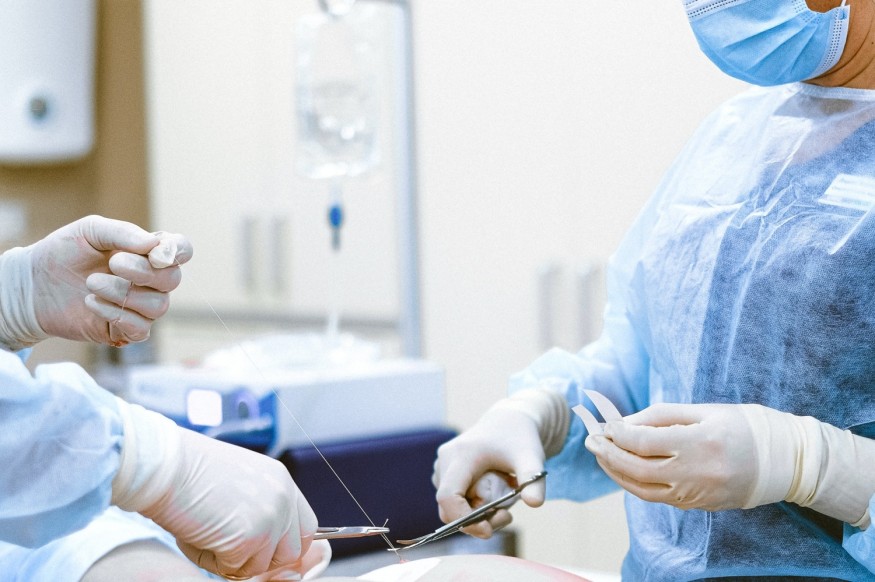After receiving a pair of lungs from an organ donor, a woman in Michigan died after 61 days post-operation. It was later reported in a case published in February that the organ donor was infected with COVID-19.
There were no indications that the organ donor, a woman who unfortunately died in a car accident, had COVID-19. Doctors performed a radiograph of her chest and a nasal-swab test both yielding negative results.
But doctors soon suspected the results when the lung transplant recipient at the University Hospital, Ann Arbor, began to have worsening conditions. It was later concluded and published in The Americal Journal of Transplantation (Donor To Recipient Transmission Of SARS‐CoV‐2 By Lung Transplantation Despite Negative Donor Upper Respiratory Tract Testing) on February 10, that the recipient died of COVID-19 after receiving infected lungs, which also infected the attending surgeon.
Dr. Jules Lin, author of the report and the attending surgeon says, "We want the transplant community to be aware that this can happen," adding, "there are things we can do to improve our success in screening patients for COVID."
Viability of Lung Transplants During the COVID-19 Pandemic
More than a year after the world was shaken by the COVID-19 pandemic, roughly 72 million cases have been reported across the globe, with 1.6 million deaths. Researchers believe that end-stage lung diseases resulting from severe COVID-19 infections could highly benefit from lung transplants.
On the other hand, there is limited data on perioperative management, patient selection, and expected outcomes.

Hence, researchers sought out a systematic review of medical literature such as Web of Science and MEDLINE databases, manuscripts, commentaries, gray literature reports of lung transplantation, editorials, and a case from the University of Virginia.
Combining data from 27 studies including 5 commentaries, 11 manuscripts, and 11 gray literature reports, researchers concluded that the total number of COVID-related lung disease transplantations was 21.
Where the mean age was from 55 to 12 years old. 76% of cases were male, with a high acuity of 85%. Findings show a 95% early survival death in analyzed cases with one late death.
The evidence shows that there is histopathologic evidence of permanent structural damage at the time of transplantation with no replicating virus.
With this, researchers concluded in the meta-analysis (Lung Transplantation for Severe Post-Coronavirus Disease 2019 Respiratory Failure) that bilateral lung transplantation can be an effective treatment option for patients with end-stage lung failure due to COVID-19 infection with reasonable short-term outcomes.
On the other hand, researchers note that the effectiveness of the transplantation can be safeguarded with specific considerations to new populations which required an interdisciplinary approach.
Minimizing Risks of COVID Transmission via Transplantation
According to a letter published in the Journal of Bronchology & Interventional Pulmonology medical professionals can consider using a sample from the lower respiratory tract of organ donors which is beyond the reach of nasal swabs for traces of the coronavirus.
However, the invasive procedure is not recommended for the general public, it is also not available in most cases, with only ⅓ of donated lungs are tested in the same way.
With more and more complications of COVID-19 being studied by researchers, lung transplantation, as of the moment, is a viable treatment for patients with end-stage lung disease due to severe COVID-19 infections. However, researchers note that this is no easy task, a scrutinous screening for donors is needed and further care is required to ensure the success of lung transplantation.
Check out more news and information on COVID-19 on Science Times.
© 2026 ScienceTimes.com All rights reserved. Do not reproduce without permission. The window to the world of Science Times.










